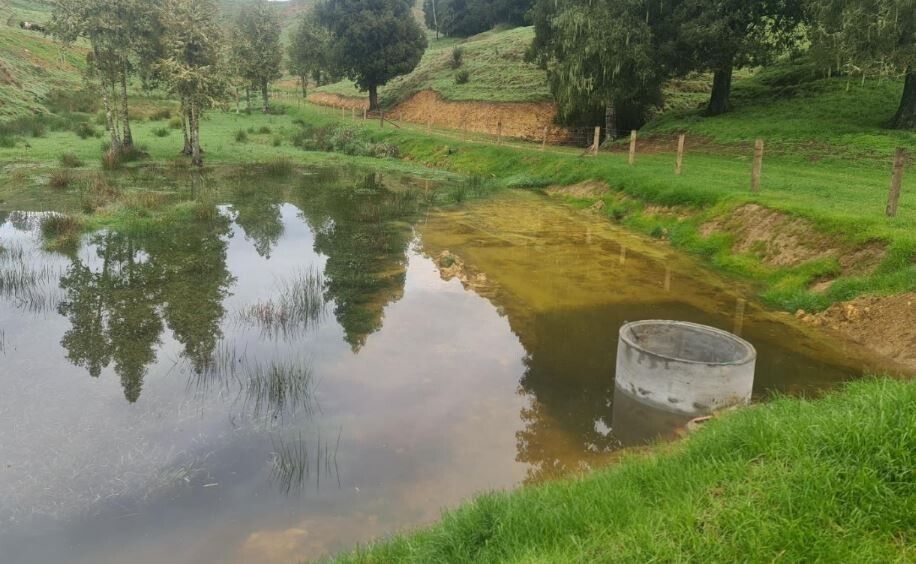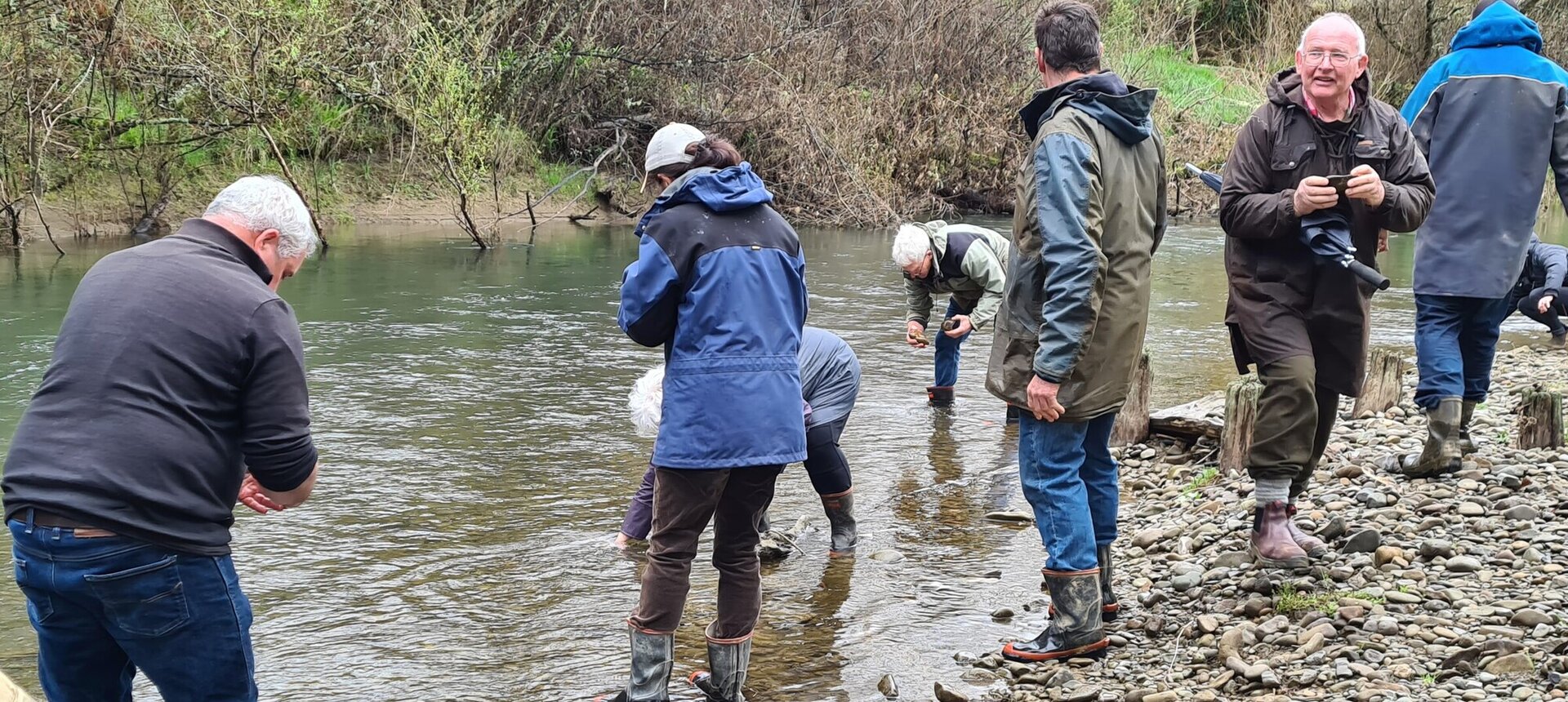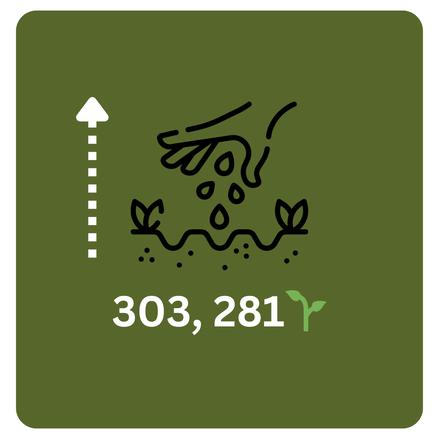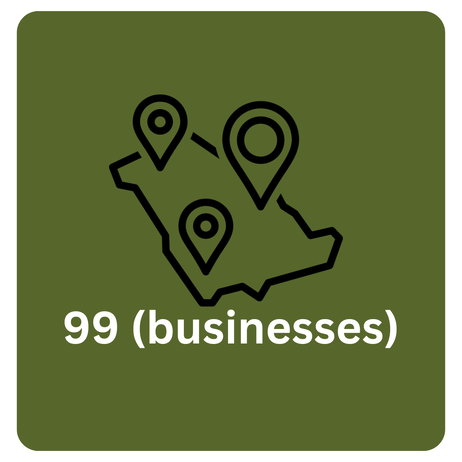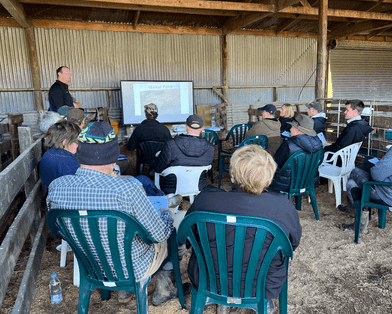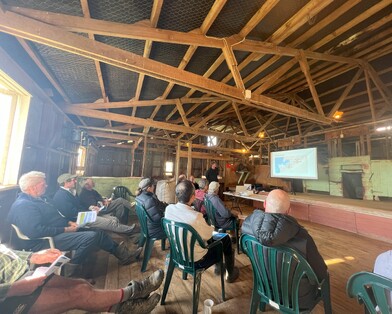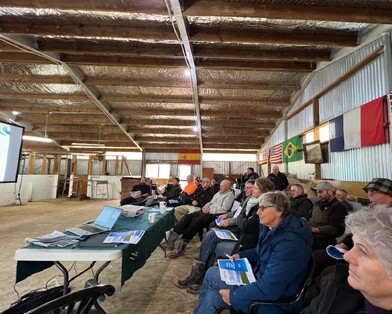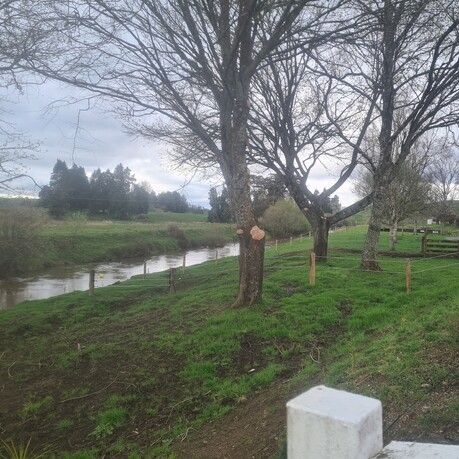PROJECT: 1BT "KCRC Kick Start" Programme
[2019 -2024]
The KCRC 1BT Kick Start Programme was launched in 2019 as a partnership between King Country River Care Incorporated (KCRC) and Te Uru Rākau – New Zealand Forest Service’s One Billion Trees (1BT) programme. The initiative was designed to support landowners across our catchment in implementing targeted riparian planting, restoration, and erosion control projects identified through their Farm Environment Plans (FEPs).
The programme provided funding to cover the cost of fencing and planting, with landowners required to complete a certain amount of planting to access funding. Funding was capped relative to the total hectares of their farm included in their Farm Plan. Project design, including site selection, plant species, and fencing types, was led by landowners, ensuring local relevance and long-term project ownership. Landowners were responsible for the site preparation, pest control and follow-up care post planting.
To access funding, participating landowners were required to have a current Farm Environment Plan, including mapped Land Management Units (LMUs), resource inventories, risk assessments, and action plans. Projects were expected to meet a minimum 80% plant survival rate and adhere to legislative requirements such as 3m riparian fencing setbacks, fencing was to be permanent.
Despite early delays and the impact of COVID-19, the programme extended into a fourth planting season in 2024. The revised target of 250,000 plants was surpassed.
Key project achievements (2020–2024):
99 participating farm businesses
300,000+ trees and plants established
231 hectares planted, including 163.2 hectares of riparian
100 hectares of native bush retired or reverted
184 km of fencing completed
KCRC gratefully acknowledges the support of Te Uru Rākau and the leadership of KCRC Project Manager Anna Nelson, whose commitment was central to the programme’s success.
Surpassing our targets reflects the dedication of our farming community and reinforces our shared commitment to sustainable land management and environmental stewardship in the King Country.
Pilot Project: Exploring "Carbon Neutral"
December 2023 - July 2024
King Country River Care (KCRC) are helping their farmers better understand the concept of achieving/creating “carbon neutral” farm operations with the use of “pilot farms” from within the KCRC catchment.
Project Background:
1. Use three real farmers in our area to investigate:
Where they are now.
Will any policy changes, they are thinking about, get them to a carbon neutral position?
If relevant what else might need to be considered?
Dairy and sheep/beef.
Breeding cows.
Hill country.
Our next generation.
The on-farm field days share the results and summary findings to:
a. Discuss what is meant by “carbon neutral” considering the NZ Government rules, alongside other in-market interpretations.
b. Share the modelling results of the three existing farm operations that calculated their existing environmental KPIs, GHG emissions (CH4, N2O and CO2), sequestration and profitability.
c. Discuss the modelling results of different on-farm actions that will reduce emissions and then quantify the impacts of these to get to “carbon neutral” and their combined impact on the farm business.
Community Project: Piopio Domain
October 2023
The Piopio Domain has had a tidy up thanks to funding from King Country River Care. 1.5km of fencing with high visibility electric tape has been erected to keep stock out of the waterways and 2,000 natives planted by and sourced from Waiora Rivercare, which will stabilise the surrounding banks, and in the long term provide shelter for stock. Unwanted trees have also been removed from the site.
Thanks to all those involved.
Share Mongolia Programme
July 2023
The Share Mongolia Programme evolved a few years ago when Paul Brough was trekking in Mongolia and came across a mob of sheep and some locals cutting the wool off with large scissors. As he found out, it was 900 ewes and at 30 sheep per day, about a month’s work! He went away thinking there must be something he could do to help.
Establishing low-cost forest grade native seedlings
Currently native tree establishment costs are around $20,000 per hectare, this is massively prohibitive especially recognising the current incentivisation for planting pines to generate significant (and rapidly escalating) income from carbon credits/offsets. KCRC are interested in options to facilitate the more cost-effective establishment of natives
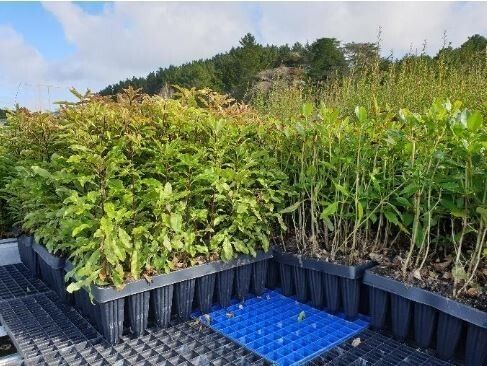
Traps catch sediment
A farmer-led study investigating the effectiveness of sediment traps to improve water quality has delivered some encouraging results.
You can read more about the project here
